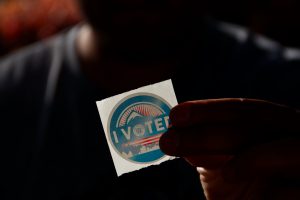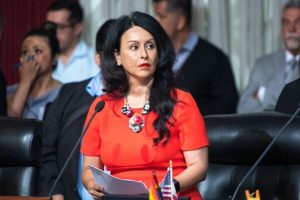National Hispanic Heritage Month starts Wednesday and will be celebrated till October 15, giving America a chance to recognise and celebrate members of Hispanic communities hailing from Mexico, parts of the Caribbean, Central and South America and Spain.
“The Latino community and Latino history is a fundamental part of American history,” said Emily Key, director of education at the Smithsonian Latino Center. “And recognizing that and understanding that are key reasons why this month is important.”
Also Read | Mexico’s Supreme Court decriminalises abortion
HISTORY
The beginning of Hispanic Heritage Month marks the day Costa Rica, El Salvador, Guatemala, Honduras and Nicaragua became independent. However, Mexico’s independence is celebrated on September 16 and Chile’s on September 18.
Hispanic Heritage Month dates back to 1968, when it was celebrated only for a week. President Lyndon B. Johnson signed a bill officially calling the week of September 15 as “National Hispanic Heritage Week,” according to the Office of the Historian and the Office of Art & Archives for the US House of Representatives.
Also Read | Supreme Court reinstates ‘Remain in Mexico’ policy: What next?
In the inaugural proclamation, he wrote about the “great contribution to our national heritage made by our people of Hispanic descent — not only in the fields of culture, business, and science, but also through their valor in battle.”
“That was a period for sure, when Chicanos in the Southwest, Mexican Americans, Latinos across the country were demanding greater inclusion and representation politically, culturally, socially, economically — everything,” Geraldo Cadava, professor of history and Latina and Latino Studies at Northwestern University and author of “The Hispanic Republican, told CNN.
“It was a demand for greater inclusion and representation and acknowledgment that Latinos play an important role in the United States,” he said.
After Rep Esteban Torres of California submitted a bill to expand the week into a month, under the Ronald Reagan government, saying in remarks at the time, “We want the public to know that we share a legacy with the rest of the country, a legacy that includes artists, writers, Olympic champions, and leaders in business, government, cinema, and science,” the week was extended to an entire month.
While it died in committee, Sen Paul Simon of Illinois submitted a similar bill which was signed into law.






